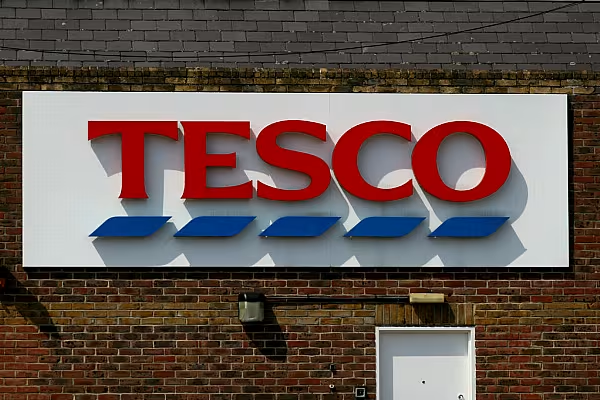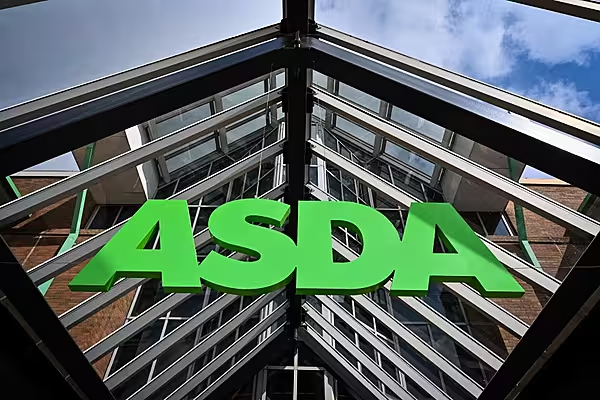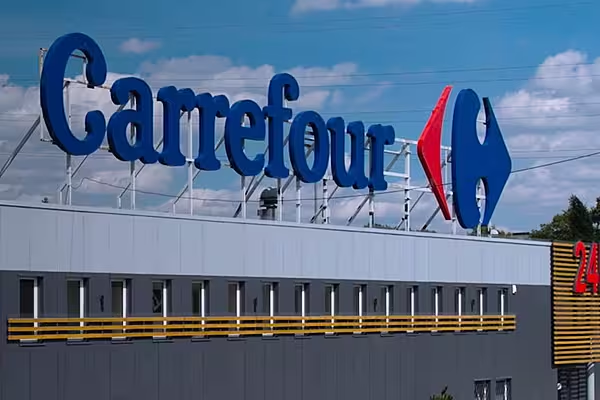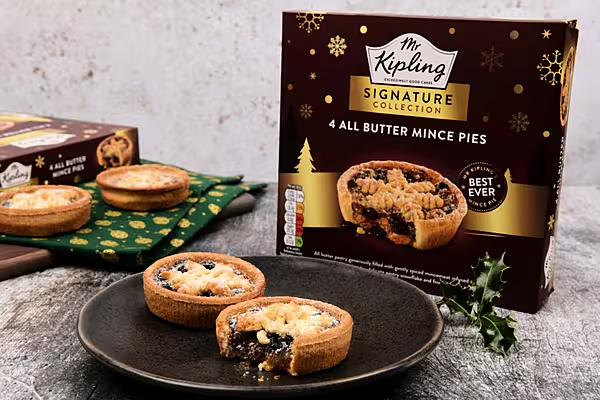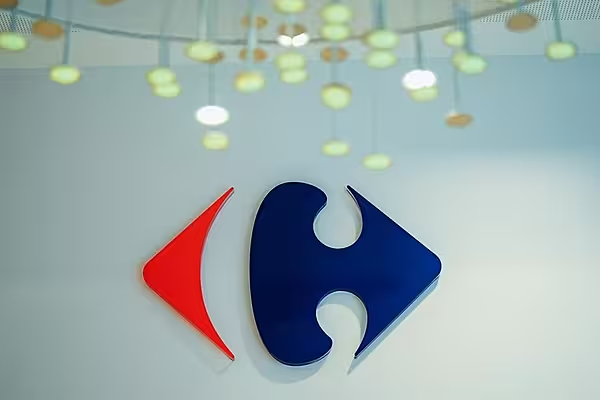Last Friday, 12 January, analysts Bernstein Research hosted an intriguing conference call with Dave Lewis, chief executive of Tesco and Charles Wilson, CEO of Booker, on the impending tie-up between the two businesses.
Following the clearing of the deal on 20 December by the UK's Competition and Markets Authority, the scene is finally set for the two companies to be merged, a process Tesco expects to be completed by March 2018, according to its recent third quarter trading statement.
In that statement, Tesco posted an impressive like-for-like sales increase of 2.3% in the UK and Republic of Ireland, with a 3.4% increase in food sales over the Christmas period.
In addition, last week Booker announced a 3.8% increase in like-for-like sales in its third quarter, with non-tobacco sales up 5.9%.
Huge Opportunity
As both Lewis and Wilson explained in the call with Bernstein, both businesses will be able to use the merger to grow in "high profitable areas", given both businesses' core strengths.
For example, 'providing Booker customers with access to Tesco's capabilities (fresh food, fuel, online capability, banking, telephony) can power market share growth in food wholesale from 12% today to 15%-20% in the future', Bernstein Research suggests.
In addition, Booker's presence in HoReCa, where it has some 440,000 customers in catering, including restaurants, pubs, workplaces, fast food etc), gives Tesco the opportunity to extend its product reach into wholesale quite considerably, as well as provide the business with better buying power due to increased scale.
As Bernstein notes, Tesco is a market leader when it comes to trends such as 'free-from', and its lineup with Booker will provide the retailer with the opportunity to extend that into the out of home market.
E-commerce Growth
Notably, e-commerce is a core area in which both businesses believe a combined operation can give them the 'best opportunity to thrive', and to offset the challenge from retailers such as Amazon.
As Bernstein Research reports, 'In the US with the Whole Foods deal, Amazon has purchased shops and products, but not a bank or delivery capabilities. If the combination of Tesco and Booker allows the group to link all stores and customers with capabilities in banking, finance, insurance, loyalty, product, fuel, etc. This creates a superior starting point, and Tesco just needs to get on and use it.
'Things like multi-temperature controlled delivery networks are not easily replicated. And while tech is becoming cheaper, physical space is getting more expensive – making Tesco better placed to compete with the tech companies.'
Other technological developments, such as Tesco Pay+, a new system whereby loyalty and payments are combined into one app, hold additional potential once the Booker merger is completed, Lewis suggested.
While the merger process was beset somewhat by shareholder disapproval, should the synergy opportunities inherent in the deal bear fruit quickly, as Bernstein suggests, then any future rebellions would likely be easily quashed.
If that happens, the next question would be to ask just how high the combined Tesco/Booker business can soar.
© 2018 European Supermarket Magazine – your source for the latest retail news. Article by Stephen Wynne-Jones. Click subscribe to sign up to ESM: The European Supermarket Magazine.
